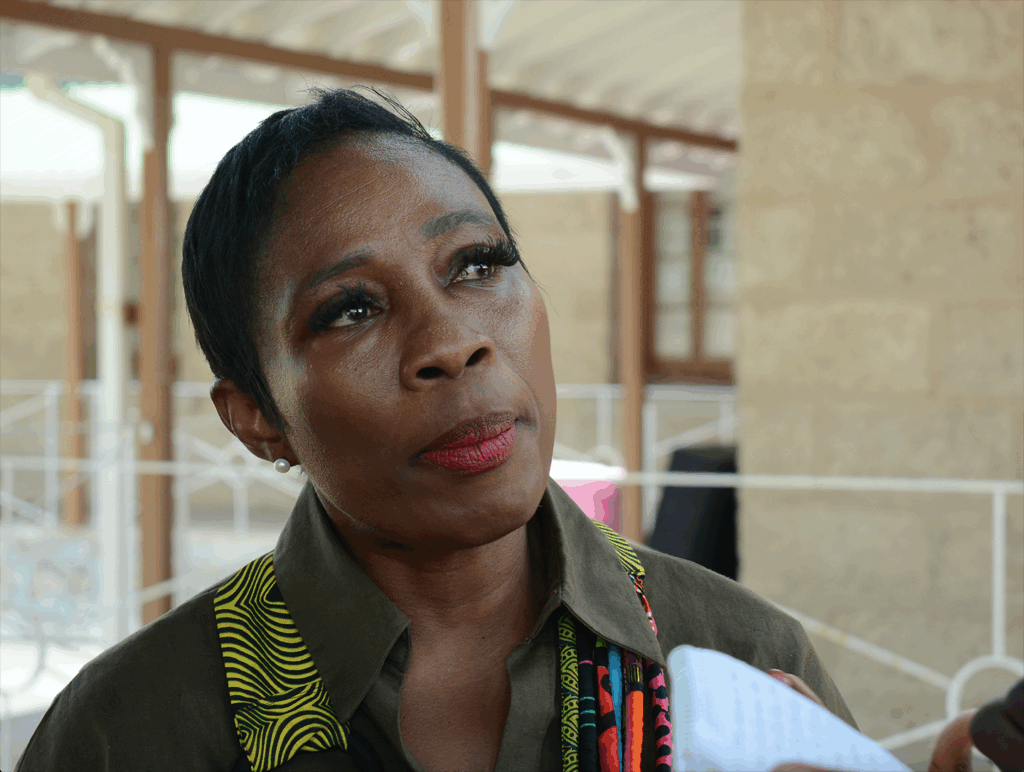Barbados is taking decisive steps to diversify its development financing sources and reduce its dependence on traditional international lenders, as global climate finance becomes increasingly constrained. Senator Shantal Munro-Knight, Minister in the Prime Minister’s Office with responsibility for Culture, emphasized the urgency of this shift during a Senate session on Wednesday. The Senate debated the Development Bank of Latin America and the Caribbean (CAF) Bill, which formalizes Barbados’ full membership in CAF by replacing the Latin American Development Bank Act. Munro-Knight highlighted that while some global institutions are retreating from climate financing, CAF offers a regional alternative that is flexible, responsive, and tailored to the needs of small states like Barbados. She pointed out that the International Monetary Fund (IMF) is being urged to return to its core mission, potentially reducing its focus on climate financing, which poses challenges for middle-income, climate-vulnerable nations. Munro-Knight stressed the need for Barbados to proactively build partnerships and buffers to mitigate external shocks. She noted a decline in official development assistance (ODA) to Latin America and the Caribbean, with private capital primarily flowing into energy projects, leaving critical sectors like health, education, and housing underfunded. CAF, she argued, understands the region’s realities and provides a platform for Caribbean nations to shape solutions collectively. Under the new legislation, Barbados will acquire 34,834 Series C shares in CAF, valued at $494.6 million, enabling access to financing worth 18 times that amount over 15 years. This investment will transition Barbados to full membership, granting it a seat on CAF’s board of directors and enhancing its influence in regional decision-making. CAF has already demonstrated its value as a development partner, approving $700,000 in technical assistance for the Barbados Water Authority and funding infrastructure projects on the South Coast. Additionally, CAF has supported cultural initiatives like CARIFESTA and heritage projects, including the digitization of national archives and the development of a heritage district. The phased investment over 15 years will allow Barbados to manage its financial commitments while gaining immediate access to development resources, safeguarding its fiscal space and strengthening its resilience to climate and economic shocks.
